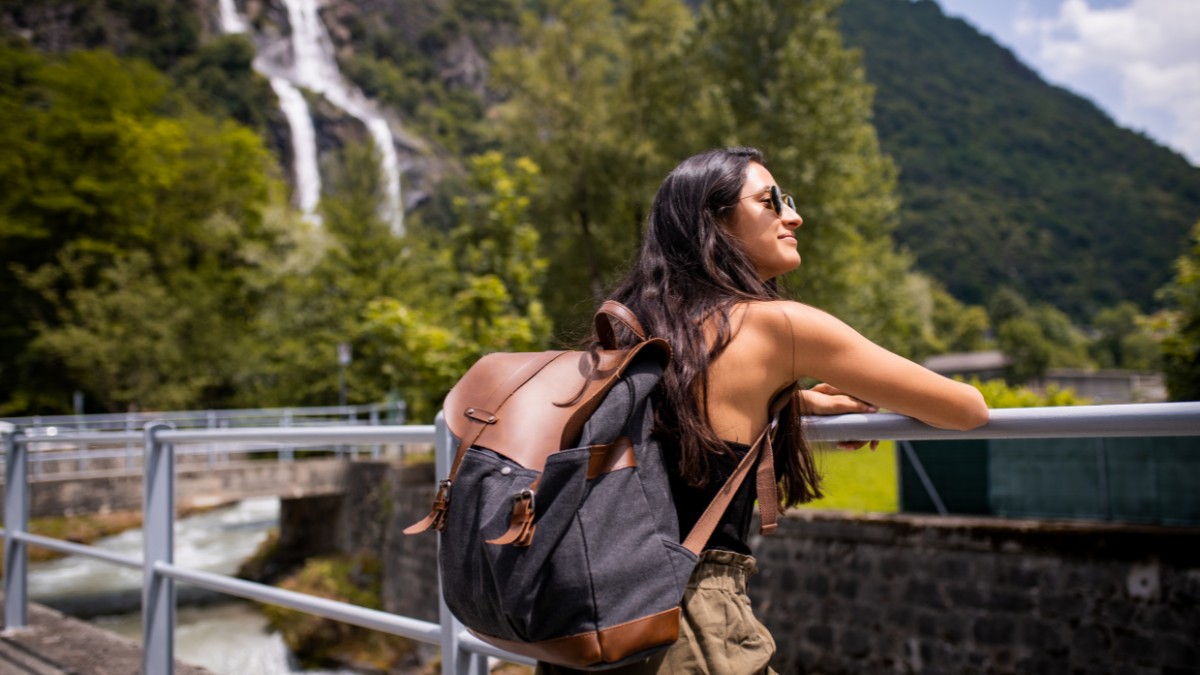When the pandemic hit the whole world and we were confined to our houses, we missed travelling more than ever. So obviously, when the situation got better, none of us wasted a minute planning a holiday. Especially with everything available online, planning and booking trips wasn’t difficult. This ease gets a little sweeter with all the discounts and offers we get on these travel websites. But are we genuinely saving money with these apps and websites? Well, we wouldn’t be so sure about it. It has recently come to light that the majority of Indians fall victim to online travel scams.
The Majority Of Indian Fall Victim To Online Travel Scams
As the rate of travel witnessed a boost post-COVID, the number of online scams in the tourism sector saw a surge as well. This Sunday, a report revealed that while people think they are saving money while making the booking, most of them are actually getting duped by these websites.
McAfee Corp. released a ‘Safer Holidays’ travel report, which stated that 51% of Indians fall victim to these scams online. When travellers connect to Wi-Fi networks or use USB charging ports at airports, they are more likely to become targets of such scams.
The outcome of this report was based on a survey completed by 7,000 people in seven different countries. Out of these 7000 individuals, 1010 were from India. The study also revealed that 77% of those whose money was stolen had already lost up to $1,000 (roughly ₹83,000) before their trip had even started. 42% of all Indian tourists said they would travel abroad this year, compared to 66% who said they would travel domestically.
Also Read: 7 Volcanoes In India That Are A Must-Visit For All Adventurists
The Statistics Of This Report Are Eye Opening
According to the study, 36% of Indians who made online reservations had their identities stolen, and 27% had been duped into using fraudulent platforms to make payments. 13% of users entered their passport information, and 23% gave a fake website or other personally identifying data.
Only 61% of respondents use any services to keep track of the security of their online identity, and 33% don’t use a VPN while travelling. 46% of respondents believe that connecting to the internet while on vacation reduces the security of their personal information.
According to the report, 59% of Indians are more worried about cyber threats than physical ones, like being robbed or pickpocketed. 94% of Indians are either somewhat or very concerned about having their identity stolen while travelling. According to the study, 69% of people use social media, followed by 52% of online bankers and 41% of people who send money using cash apps.
This certainly paints a scary picture that should be enough to warn us for the future!
Cover Image Courtesy: Canva

